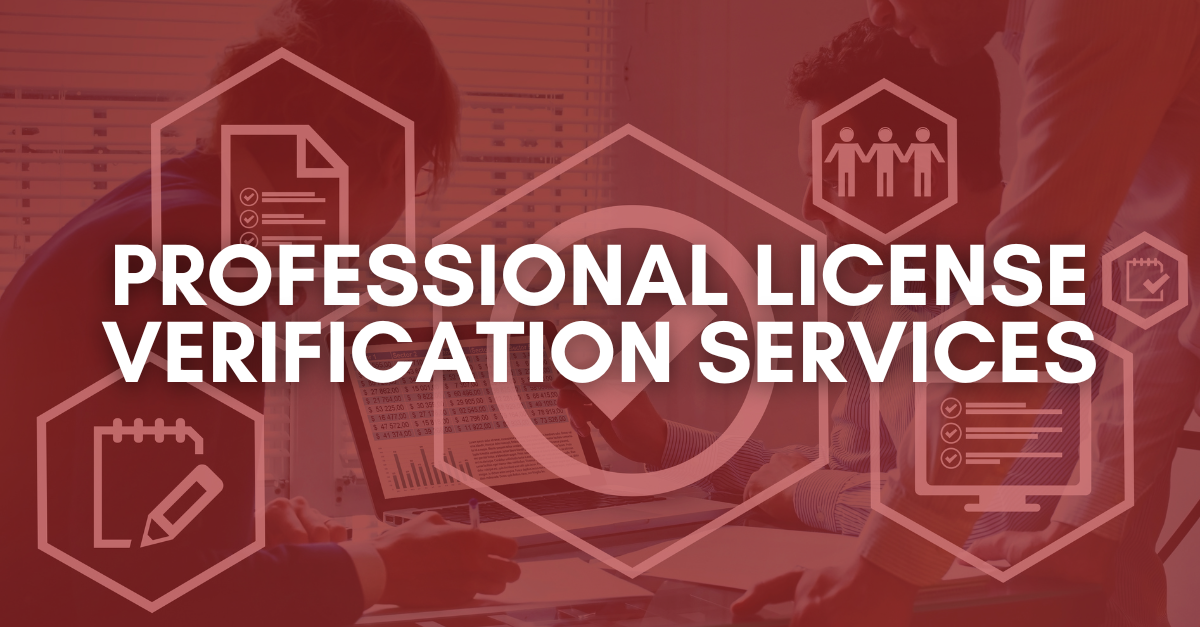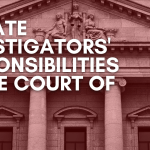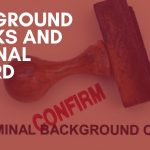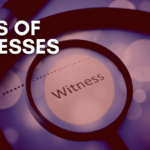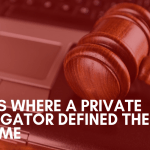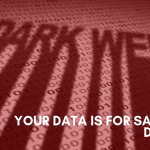Professional license verification is a critical process to validate the authenticity and credibility of professional licenses and certifications. Private investigators perform these in an era where misrepresentation and fraud are prevalent. Hence why thorough verification is essential for businesses, employers, and individuals seeking reliable professionals.
This article explores the importance of professional license verification and provides insights into the methods and best practices employed by private investigators.
Comprehensive research, license credentials and authenticity
Private investigators begin the professional license verification process by conducting extensive research. They utilize various reliable sources, including government databases, professional regulatory boards, and licensing agencies, to gather accurate information about the license holder.

Active online searches and accessing official records help ensure the verification process is thorough and up-to-date.
Moreover, during professional license verification, investigators carefully verify the license credentials provided by individuals or businesses. They cross-reference the information against official records to confirm the validity, status, and scope of the license. This includes validating license numbers, expiration dates, and any relevant endorsements or restrictions associated with the license.
Besides verifying a license, PIs can also check its authenticity. They employ meticulous methods to ascertain the authenticity of professional licenses. Scrutinizing the physical attributes, security features, and holograms on licenses to identify any signs of tampering or forgery.
By using advanced tools and techniques, investigators can distinguish genuine licenses from counterfeit ones, ensuring the accuracy and reliability of the verification process.
Reviewing license history and disciplinary actions for professional license verification
In-depth professional license verification involves reviewing the license holder’s history and any past disciplinary actions or sanctions. Private investigators investigate any complaints, malpractice claims, or ethical violations that may have been filed against the license holder.
This step provides crucial insights into the individual’s professional conduct and integrity.

In addition, it’s important for PIs to confirm proper license compliance:
- They assess whether the license holder has fulfilled mandatory continuing education requirements
- That they maintained proper licensure status
- And that they adhered to any professional code of conduct.
Compliance verification assures businesses and employers that they are engaging qualified professionals who meet industry standards.
To be thorough, private investigators can also cross-check references and credentials.
They can contact educational institutions, previous employers, and professional associations to validate the accuracy of the information provided. This step helps confirm academic qualifications, employment history, and professional affiliations, reinforcing the trustworthiness of the license holder.
Professional license verification safeguards the interests of employers, clients, and the public by ensuring that professionals meet the necessary qualifications, adhere to industry standards, and possess a track record of ethical behavior. By relying on the expertise of private investigators, individuals, and organizations can make informed decisions when engaging professionals in various fields.
Learn more about what we do and why you should hire an experienced private investigator. Simply click on this link to get in contact with one of our team members.

